Hvar is a popular island in Croatia, known for its history, beaches, and nightlife. It is located in the Adriatic Sea and attracts visitors with its old town, forts, and local markets. The island has clear waters, small villages, and a relaxed atmosphere. Many travellers visit Hvar for boat trips, beach days, and local seafood. The town square, historic sites, and nearby islands make it a great place for a short trip. Hvar has plenty to see and do, whether you want to explore or enjoy the coastline.
Location
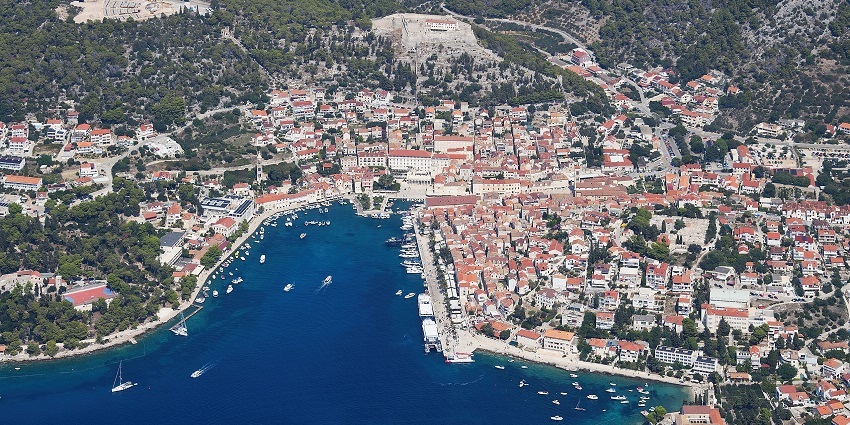
Photo: Carsten Steger / Wikimedia Commons
Hvar is an island in the Adriatic Sea, off Croatia’s Dalmatian coast. It lies southwest of Split and is part of the Split-Dalmatia County. The island is about 68 km long and 10 km wide, which makes it one of Croatia’s largest. Its main town, also called Hvar, serves as the cultural and tourism hub. The island is famous for its historic sites, beaches, and vineyards.
How To Reach
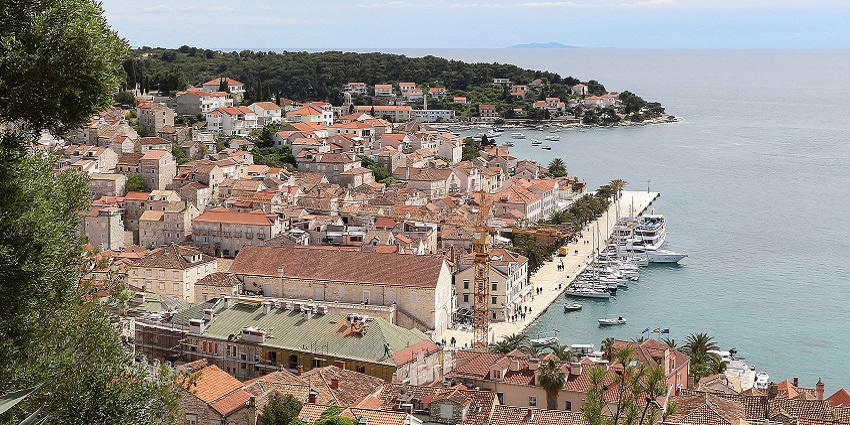
Photo: Bernard Gagnon / Wikimedia Commons
Travelling to Hvar requires a combination of air, bus, or rail transport, followed by a ferry ride from the mainland.
By Air: Split Airport (SPU), which is roughly 50 km from Hvar, is the closest airport. To get to Split Harbour, where ferries and catamarans leave for Hvar, take a bus or taxi from the airport.
By Bus: If travelling by bus, first reach Split from major Croatian cities like Zagreb or Dubrovnik. Buses frequently operate to Split, and from there, ferries or catamarans take passengers to Hvar.
By Rail: There is no direct train to Hvar, but you can take a train to Split from Zagreb or other major Croatian cities. From Split Railway Station, the ferry terminal is just a short walk away.
Places To Visit In And Around Hvar
Explore Hvar’s top attractions, from historic forts to hidden beaches.
1. Hvar Fortress, Fortica
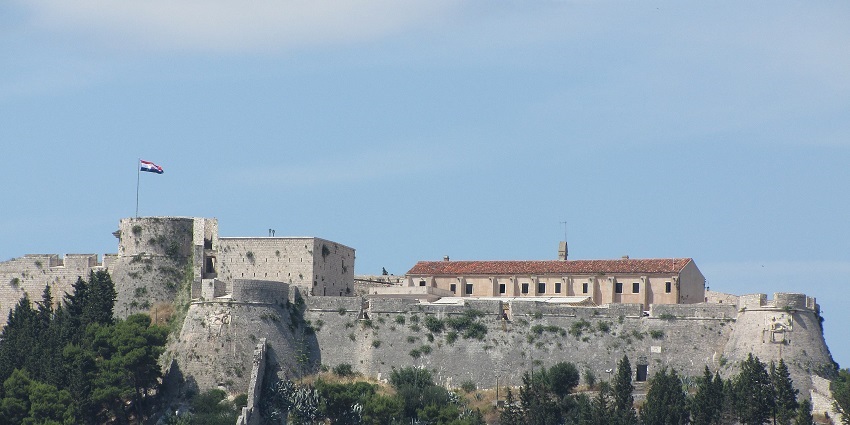
Photo: Dejan Sekuloski / Wikimedia Commons
Hvar Fortress stands on a hill above the old town and was built in the 16th century to protect the island from attacks. It offers a clear view of the harbour and the Pakleni Islands. Visitors can explore its stone walls, underground tunnels, and a collection of historical artefacts, which include old coins and weapons. Many locals visit the fortress for cultural events and photography. The climb to the top is a bit steep, but it is worth it for the view. Visitors often enjoy watching the sunset from here or taking photos at Hvar.
Timings: 9 AM – 8 PM
Entry Fee: € 7 / ₹ 630
Ideal Trip Duration: 1 – 2 hours
2. St. Stephen’s Cathedral
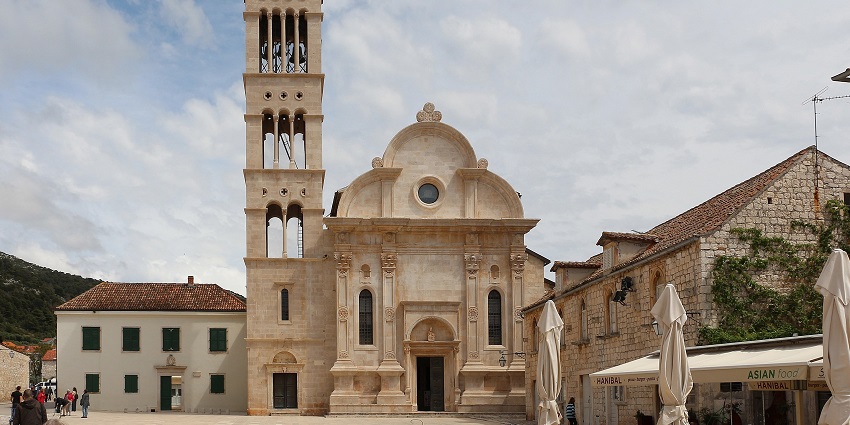
Photo: Bernard Gagnon / Wikimedia Commons
St. Stephen’s Cathedral is an important religious site in Hvar in the main square. It was built between the 16th and 17th centuries and combines Gothic and Renaissance styles. The church holds several historical paintings and sculptures made by local artists. Many people visit for its detailed architecture and peaceful atmosphere. The bell tower is one of the most recognised landmarks in the town. Inside, visitors can see the large altarpiece and old religious texts. The square outside is a popular meeting spot with cafes and restaurants nearby.
Timings: 9 AM – 6 PM
Entry Fee: Free
Ideal Trip Duration: 30 – 45 minutes
3. Pakleni Islands
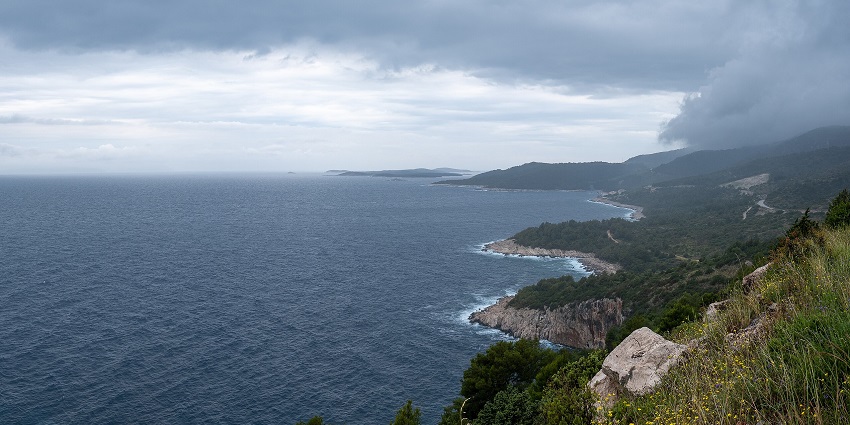
Photo: Jules Verne Times Two / Wikimedia Commons
The Pakleni Islands are a group of small islands near Hvar. They are popular for day trips and boat tours. People visit these islands to swim, snorkelling, and kayak in clear waters. Some islands have quiet beaches, while others have beach clubs and restaurants. Jerolim Island is known for its relaxed atmosphere, while Palmizana has sandy beaches and a botanical garden. Many tourists rent boats to explore different islands at their own pace. The Pakleni Islands are also great for diving, as the waters have interesting rock formations and marine life.
Timings: 24*7
Entry Fee: Free
Ideal Trip Duration: Half-day to full-day
4. Dubovica Beach
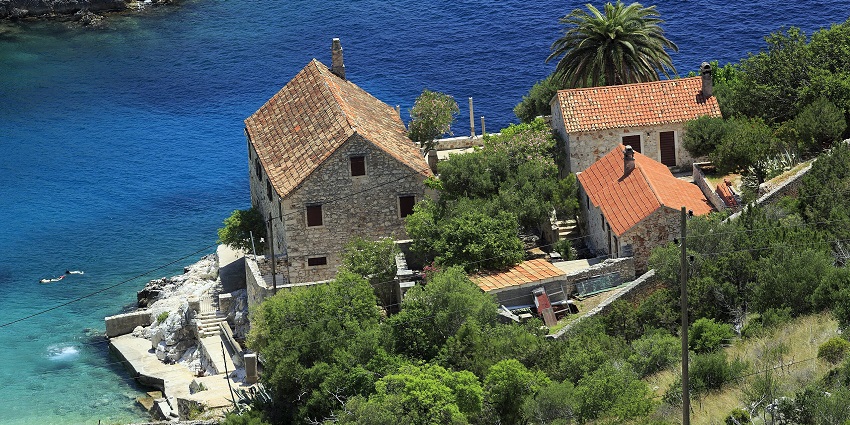
Photo: Falk2 / Wikimedia Commons
Dubovica Beach is one of the most visited beaches on Hvar. It is a short drive from the town and is known for its clear waters and small bay. The beach has an old stone house nearby, often featured in Hvar’s photos. People visit to swim, sunbathe, and snorkel. The area is good for paddleboarding, and many visitors bring their equipment. A small beachside restaurant serves fresh seafood and local drinks. The beach is not crowded in the early morning, making it a good time for a quiet swim.
Timings: 24*7
Entry Fee: Free
Ideal Trip Duration: 2 – 3 hours
5. Tvrdalj Castle
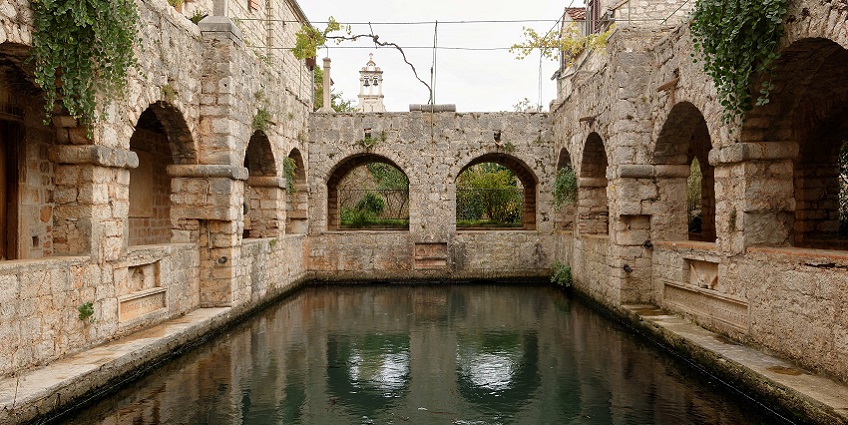
Photo: Gampe / Wikimedia Commons
Tvrdalj Castle was built by the Croatian poet Petar Hektorović in the 16th century as a safe place during attacks. The castle has a large fishpond in the middle and stone inscriptions written by Hektorović himself. Many visit to learn about his life and see the well-preserved Renaissance architecture. The gardens surrounding the castle have Mediterranean plants and a quiet courtyard for visitors to walk around. Inside, the stone walls display historical writings, making it a unique place for history enthusiasts. The site also hosts cultural events and poetry readings.
Timings: 9 AM – 5 PM
Entry Fee: € 3 / ₹ 270
Ideal Trip Duration: 1 hour
Where To Stay In Hvar
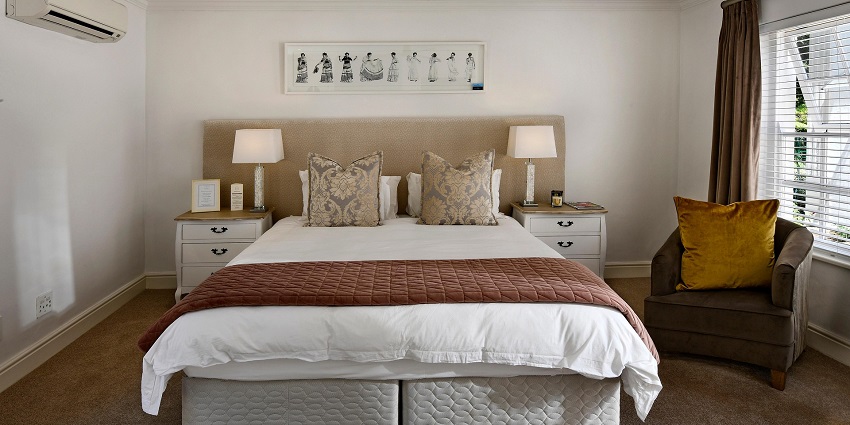
Photo: peterweideman / Pixabay / Image For Representaion Only
Accommodation options in Hvar range from luxury resorts to budget-friendly hostels. Hvar has many seaside hotels with great views, while Stari Grad and Jelsa offer quieter stays. For budget travellers, hostels and guesthouses are available at affordable prices. Booking in advance is recommended, especially during peak season.
Where To Eat
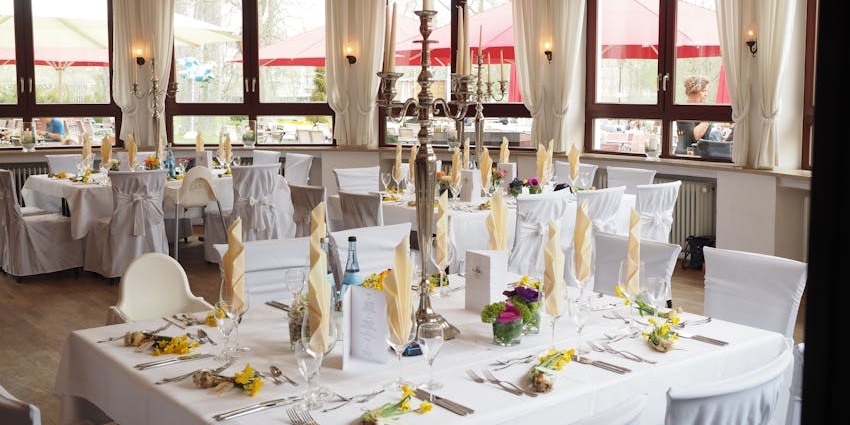
Photo: Pixabay / Pixabay / Image For Representation Only
Hvar is home to excellent restaurants serving Mediterranean and Croatian cuisine. Try Dalmatian seafood dishes, fresh oysters, and traditional Peka (slow-cooked meat and vegetables). Popular places include Konoba Menego for authentic local food and Dalmatino for seafood. Beach bars also serve delicious light meals with great sea views.
Best Time To Visit
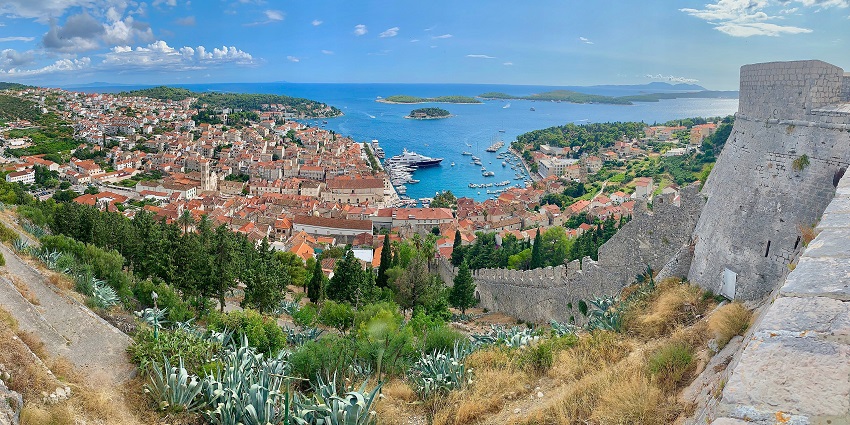
Photo: Steve Jurvetson / Wikimedia Commons
The best time to visit Hvar is from May to September, when the weather is warm and ideal for beach activities. July and August are the busiest months, with lively nightlife and festivals. If you prefer fewer crowds, visit in May, June, or September for a relaxed experience. Winters are quiet, with limited ferry services and closed seasonal attractions.
Other Factors To Consider

Photo: Schorle / Wikimedia Commons
Average Cost Of The Trip
The trip cost to Hvar depends on accommodation, transport, and activities. A mid-range budget for a 4-day trip is around €500-€800 (₹45,000-₹72,000) per person, including accommodation, food, and transport. Luxury stays can cost over €1000 (₹90,000), while budget travellers can manage with €300 (₹27,000).
Tips For Travellers
- Book accommodation and ferry tickets in advance during peak season.
- Cash is widely accepted, but some places prefer card payments.
- Renting a scooter or bicycle is a great way to explore Hvar.
- Public transport is limited, so plan your travel accordingly.
- Bring comfortable footwear to explore historic streets and hiking trails.
Hvar is a great place to visit in Croatia, with its mix of history, beaches, and lively areas. You can explore forts, relax by the sea, or visit and enjoy nearby islands. The island is easy to reach and has plenty of food and stay options. Plan your trip today and book your holiday with TripXL for a smooth travel experience.
Cover Photo: Jacek Halicki / Wikimedia Commons


 WhatsApp
WhatsApp
 Twitter
Twitter









